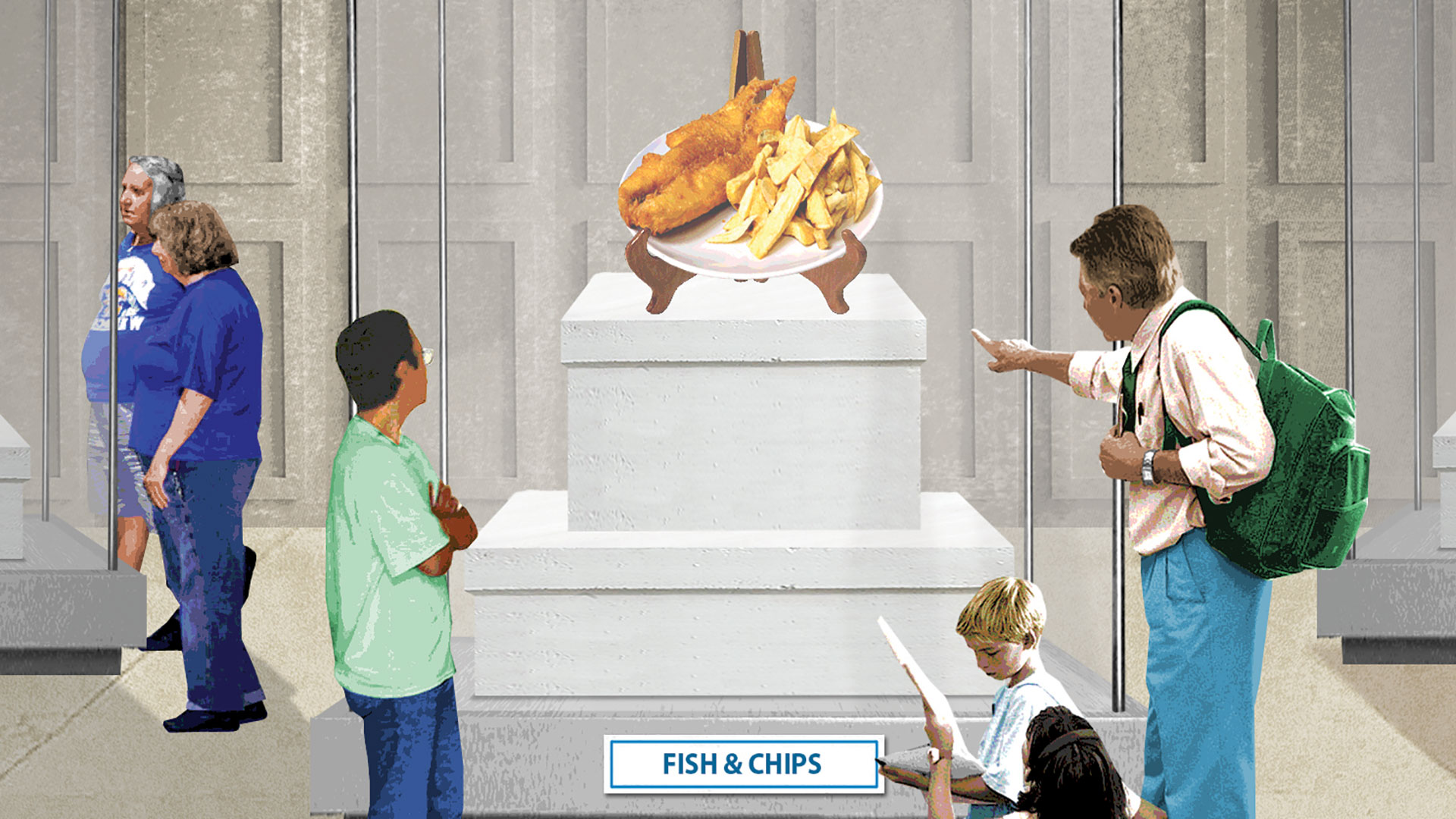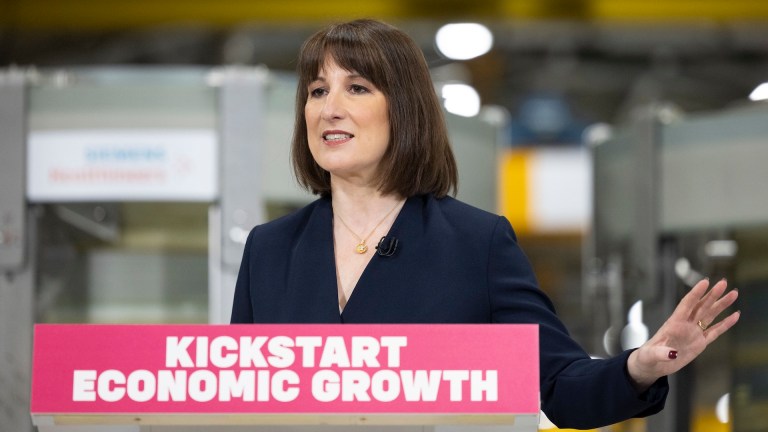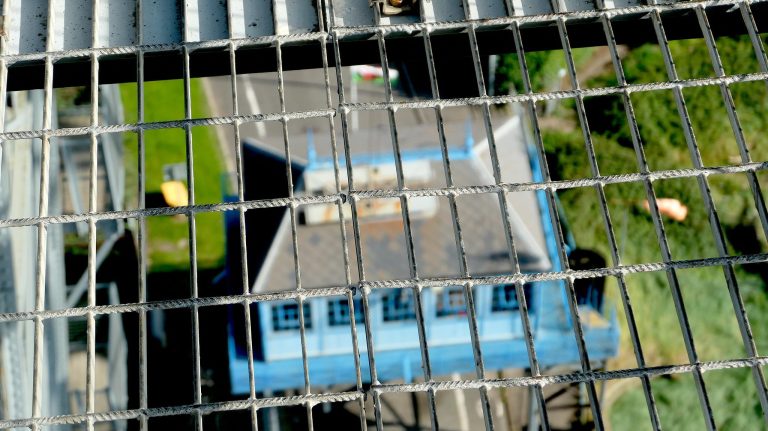How it was told
While Sir David Attenborough’s Blue Planet II documentary centred all of our thoughts on the sustainability of our oceans and the future of the earth, fish and chips has remained one of the UK’s most popular dishes.
But if you’re hooked on the Friday-night staple, a widely reported story on June 16 will have left you reeling – it looks like the future won’t be going swimmingly for fish and chips.
Reports suggested that the fast food favourite could be off the menu, with the most popular fish used in the dish – cod and haddock – falling to climate change in the next 30 years.
So let the doom-mongering headlines commence. The Sun opted for “FISH HAS ITS CHIPS Fish and chips could be off the menu by 2050 due to global warming, study warns”.
As for Mirror Online, they went for “Fish and chips off the menu ‘unless global warming is stopped’, scientists warn” while Mail Online homed in on cod and haddock with “Fish and chips could be off the menu as global warming threatens to wipe out cod and haddock stocks, study warns”.
The Independent, the BBC and Metro both kept their headlines straightforward while the Daily Star reported that “Fish and chips doomed as oxygen levels in sea plunge, scientists warn”.










